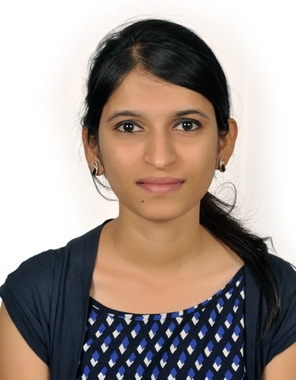

The UN general Assembly declared 2023 the international year of millets to remember ancient crops “millets” and make a collective effort throughout world and policymakers to raise the awareness to millets contributions to UN 2030 SDGs (FAO, 2023). Millets are small, seeded crops grown traditionally in arid and semi-arid areas of Asia and Africa. Millets are high in nutrition, especially minerals, dietary fibers, proteins, and antioxidants. The health promoting benefits of millets them suitable agri-food for SDG3 “Good health and well-being”. Millets are drought resilient crops and can grow in very poor and low fertile soils in dryland conditions, thus play crucial part in overcoming food scarcity in difficult periods and providing food security to vulnerable population (SDG2- Zero hunger). Millets can help meet SDG 13 (Climate action) in two ways: 1) improving food production in global warming and climate change conditions and 2) millet-based agriculture could help reducing synthetic fertilizer and pesticides usage. Our earlier studies deep dived into finger millet chemistry using computational modelling, thus providing important results in understanding the mineral availabilities of the crop. our proposed study now will aim at understanding the macro (dietary fibre, polyphenols) and micronutrient (minerals) composition and their interactions in other millets using experimental and computational techniques. The study will bridge the gap in compositional data of dietary fibre, minerals, and polyphenols in different millets. Overall, the outputs will open new avenues for the utilization of millets in global nutritional and food security interventions, thus promoting millets in developing sustainable agri-food systems.